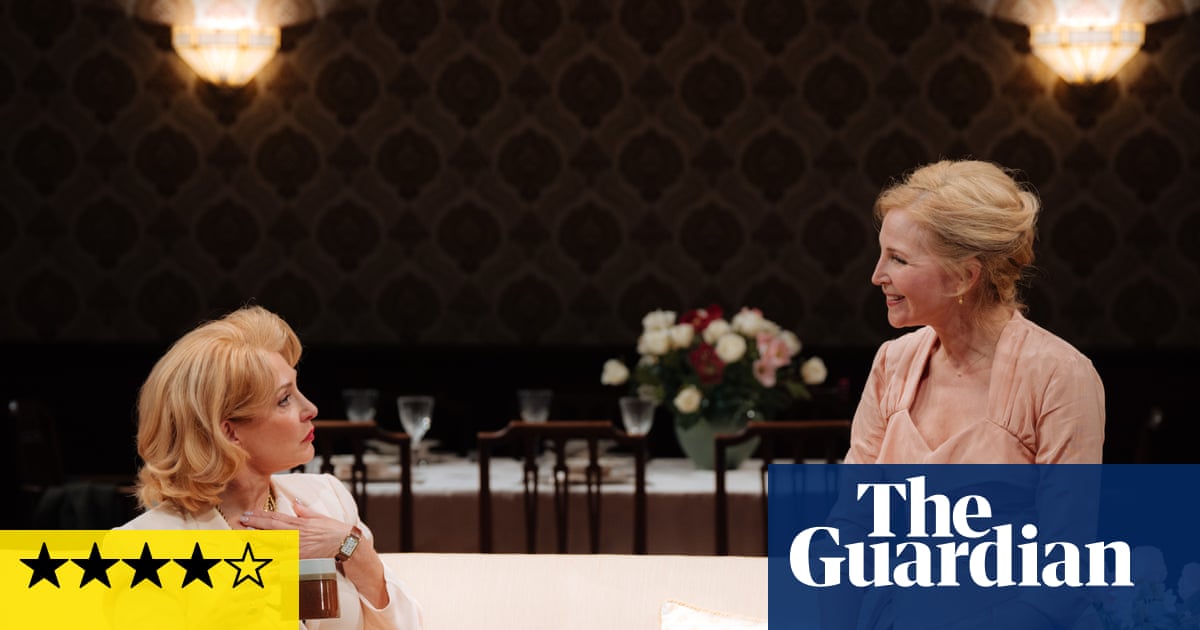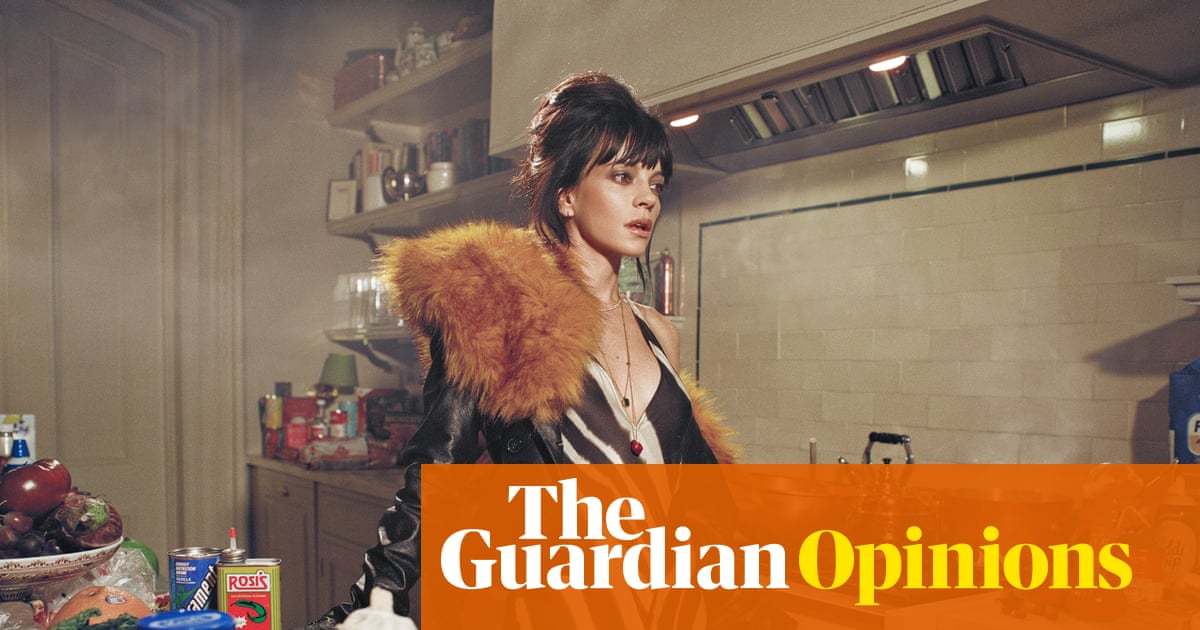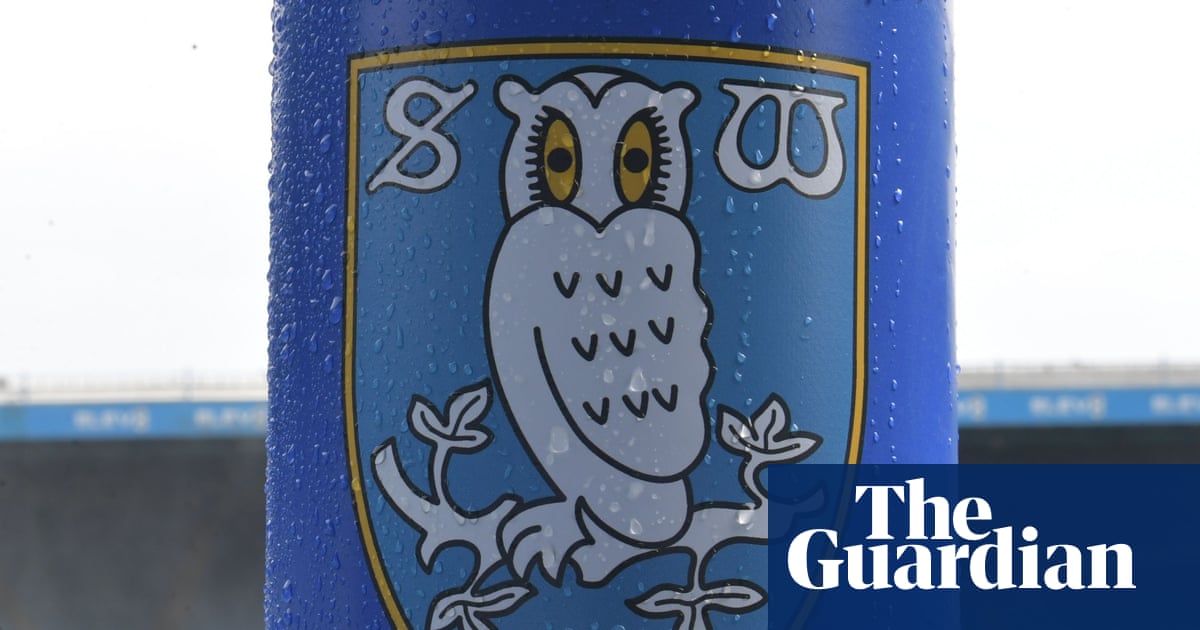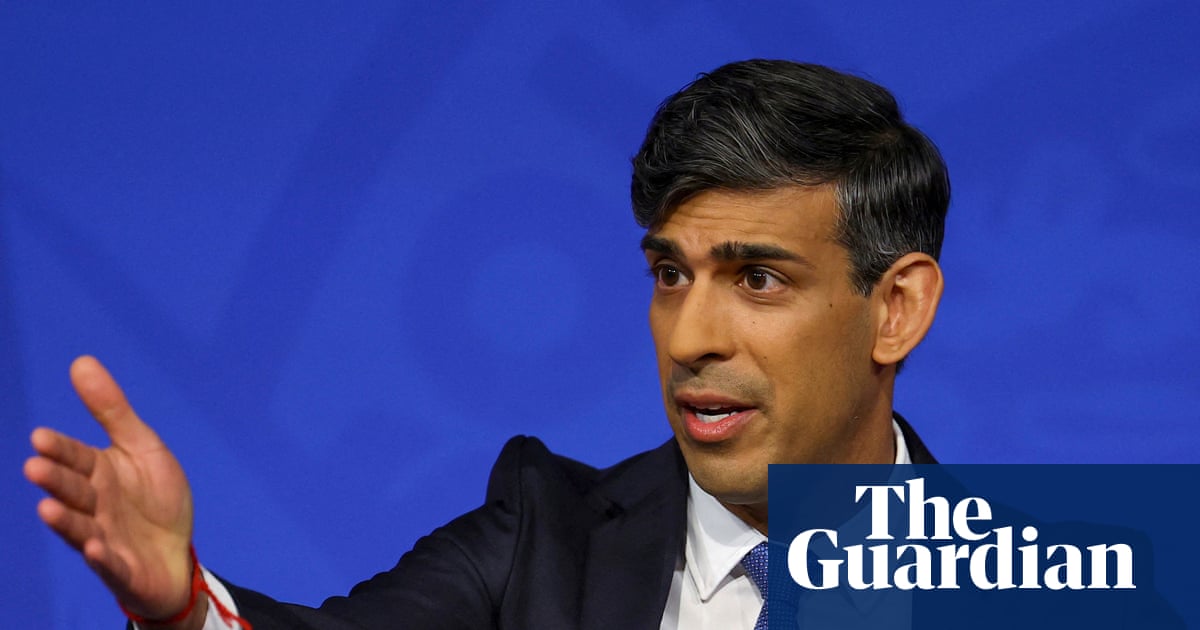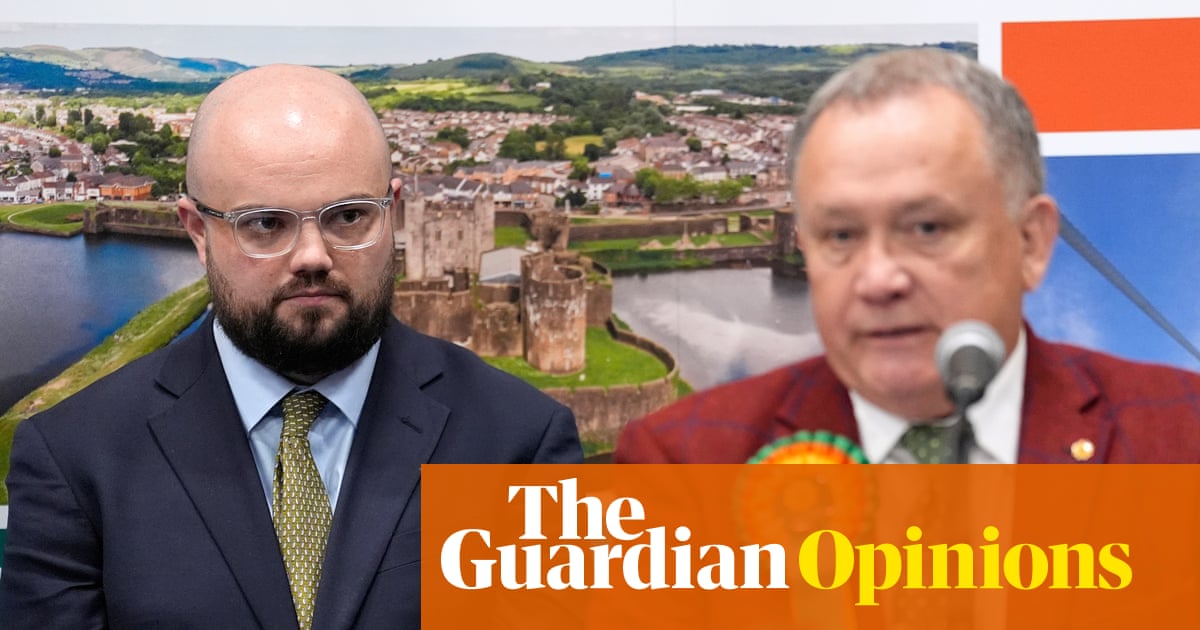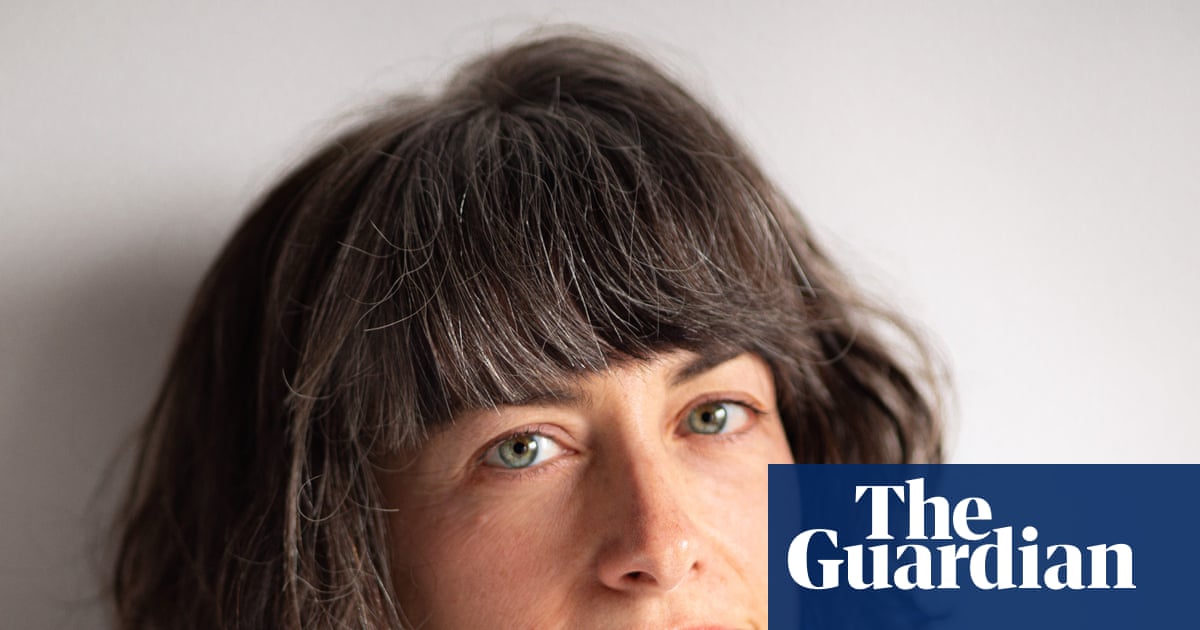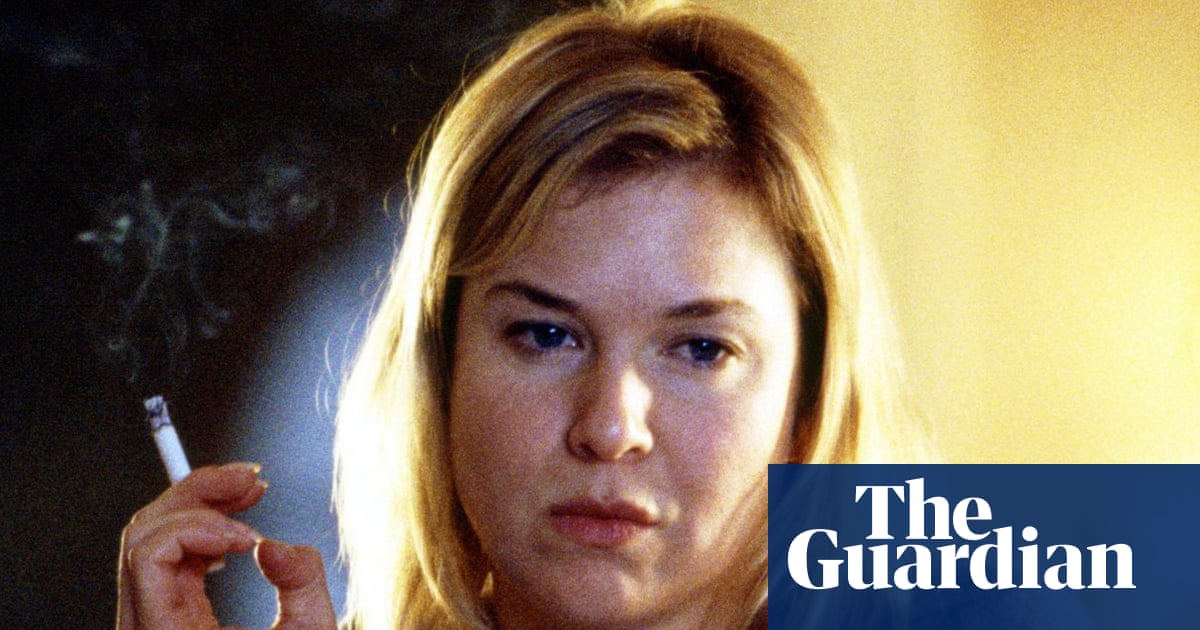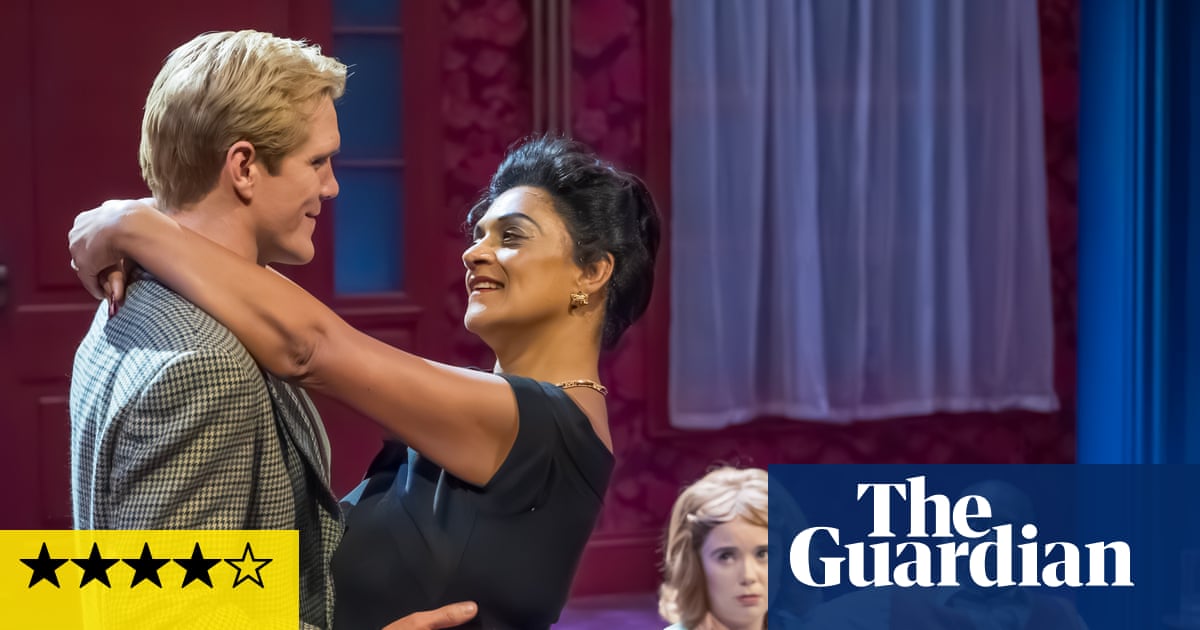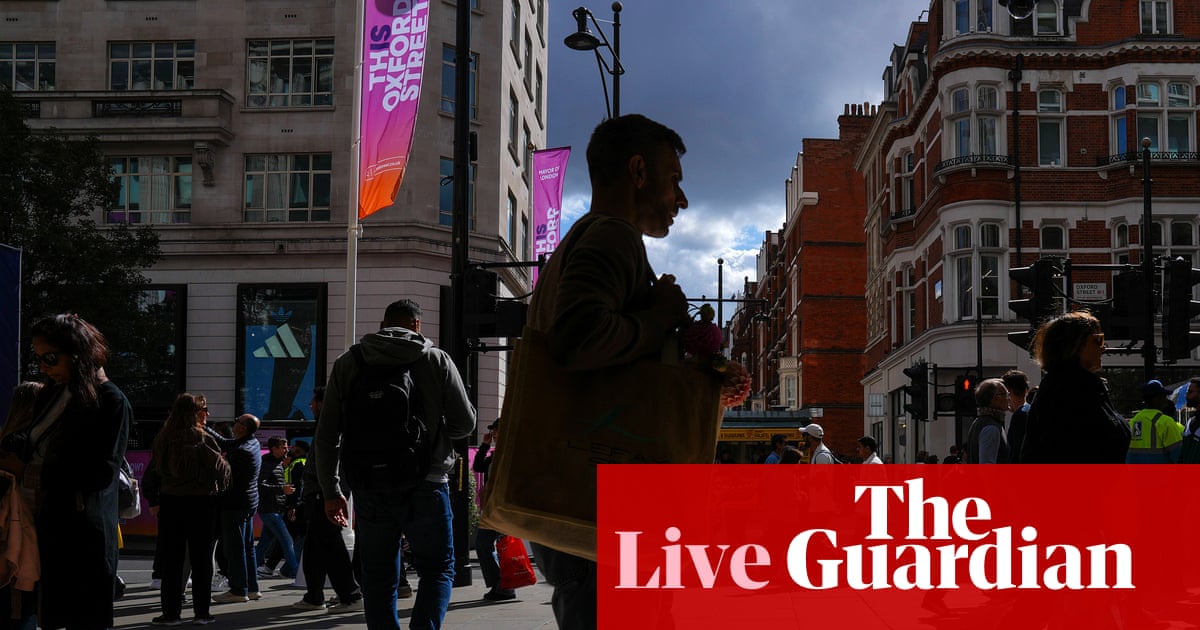‘But you’re so young!” Julie Andrews exclaimed on opening night of Dead Man Walking, 25 years ago at the San Francisco Opera. I had pushed my way to her through the crowded lobby to introduce myself as the composer of the opera, fearful it would be my only chance to meet my first goddess. My first singing nun.
Was I that young? It was 7 October 2000. I was 39 and this was my first opera, my long-dreamed-of “big break”. Maybe I was naive, but I felt young and the world felt full of possibility that night. Much different from the world today.
Dead Man Walking was a bold story for the opera world at the time, especially since new operas produced by big companies were still something of a rarity. Nobody could have imagined or predicted that the opera would be a huge hit with audiences and that 25 years later Dead Man Walking would have received more than 85 international productions in 13 countries, staged by companies, colleges, conservatories and community groups of all sizes. Nobody could have predicted that during those 25 years, dozens of new operas would be created each year for every imaginable size company and performance space by a vast range of composers and librettists.
And nobody could have predicted that the opera would feel more powerful and resonant today than it did 25 years ago.
With cruelty being normalised in the US and elsewhere, threats to democracy on the rise, calls for executions increased, “empathy” being labelled as weak, social media dominating and AI on the rise, the opera lands in a very different way in 2025. After its New York Metropolitan Opera premiere in 2023, Joyce DiDonato, Ryan McKinny, Susan Graham and the Met cast went to Sing Sing, a maximum-security prison to perform excerpts from the opera. A number of the incarcerated population learned and sang chorus roles. It was a shattering experience to listen as armed guards discreetly wiped away tears.
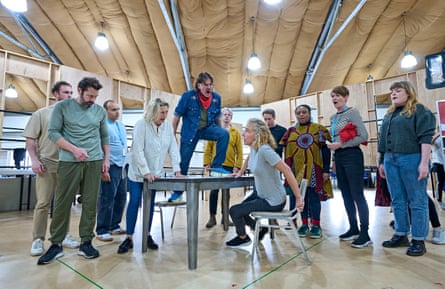
Back in the 1970s and 80s, during my teens and 20s, I was a determined piano and composition student, dreaming of writing songs for Barbra Streisand and musicals for Broadway. Opera seemed only rarely a viable contemporary expression, thanks to groundbreaking work by Philip Glass, John Adams, Meredith Monk and Carlisle Floyd. But it felt unreachable and untouchable.
My life changed drastically with a hand injury in my late 20s – a focal dystonia. To make a living, I became a PR and marketing writer and landed a job at the San Francisco Opera.
Every day, I was immersed in the hard-working, astonishing world of opera: rehearsals, performances, meetings with artistic production, development and more. Back then, the company produced 10 operas in the autumn alone. I experienced and felt the majestic power of this art form. I was deeply inspired. In my spare time, I wrote art songs for the divas I was meeting and working with, including Frederica von Stade and Renée Fleming.
Another dramatic turn happened in 1995, when the opera’s general director Lotfi Mansouri asked me if I’d ever considered writing an opera. He’d heard about my songs being performed internationally and was eager to discover a new creative voice for the opera stage. I was stunned.

Lotfi wanted to pair me with the great American playwright Terrence McNally as my librettist and he suggested a comic opera: something light, frothy and bubbly to celebrate the new millennium. Fortunately, Terrence had no interest in such an opera. He wanted a bold drama, American but universal, timeless but timely. Lotfi removed the mandate for comedy.
It took a while, but during a fateful meeting in 1997, Terrence suggested the story Dead Man Walking. I knew it was the right thing; I felt shivers head to toe and started to feel drama and music big enough to fill an opera house. I was on fire with it.

Sister Helen Prejean’s bestselling memoir had, a few years previously, been made into a brilliant film written and directed by Tim Robbins, starring Susan Sarandon and Sean Penn. The story was very much in the national dialogue and highly controversial. A Louisiana nun becomes a pen pal to a convicted murderer on death row, then visits him and becomes his spiritual adviser, ultimately accompanying him to his execution. On her journey she meets the murder victims’ families and the convicted murderer’s family as she navigates the justice system in the US. What she experiences ignites a call to justice in her heart and soul. An activist emerges.
When we told Lotfi the idea, he too immediately recognised its power and timeliness. He reminded us that all of the popular classic operas of the past have a social justice message at their heart: The Marriage of Figaro, The Barber of Seville, La Traviata, The Ring, Eugene Onegin, La Bohème, Jenůfa, The Rake’s Progress, Peter Grimes and on and on. Sometimes the message is subtle; sometimes overt.
Terrence’s vision of what Dead Man Walking could do as an opera, that it could not do as a book or movie, was to send us deeper into the drama by extending emotionally dramatic moments with real people on stage singing unamplified – allowing us to vibrate in the middle of that emotion. It was not to make a polemic, to preach or tell people what they should feel. It was to tell a deeply human story honestly and authentically, and to allow the audience to feel it all as part of a community. Raise the questions. Don’t provide the answers. We could take something that people usually only consider in the abstract – the death penalty – and put a human face on it.
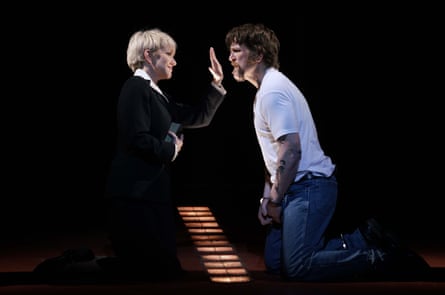
Sister Helen was a guiding light and support from the beginning. She knew we’d have to change things to make it work for the stage, that we were not making a documentary or putting a book on the stage. “The only thing I ask, is that it remain a story of redemption,” she said.
Terrence wrote the libretto quickly, and I responded in kind. We started our work in 1998 and had a workshop in August of 1999. The premiere happened just over a year later. Our stellar cast included Susan Graham as Sister Helen, John Packard as Joseph De Rocher, Frederica von Stade as Joseph’s mother. Joe Mantello was the director and Patrick Summers conducted. The response was overwhelming. Two performances were added to the original run. Seven opera companies immediately commissioned a second production and others followed suit.
And after the premiere, Julie Andrews came backstage to give me a hug I will never forget. It has been an unexpected, staggering journey of community, connection and transformation. And the journey continues.

.png) 4 hours ago
4
4 hours ago
4

